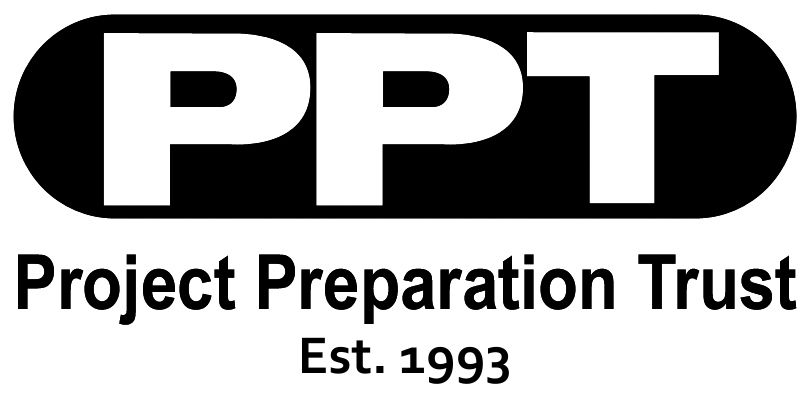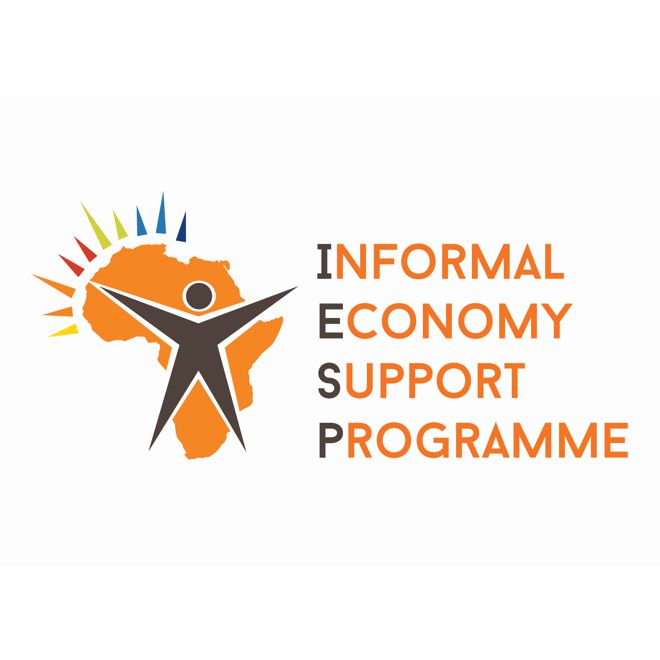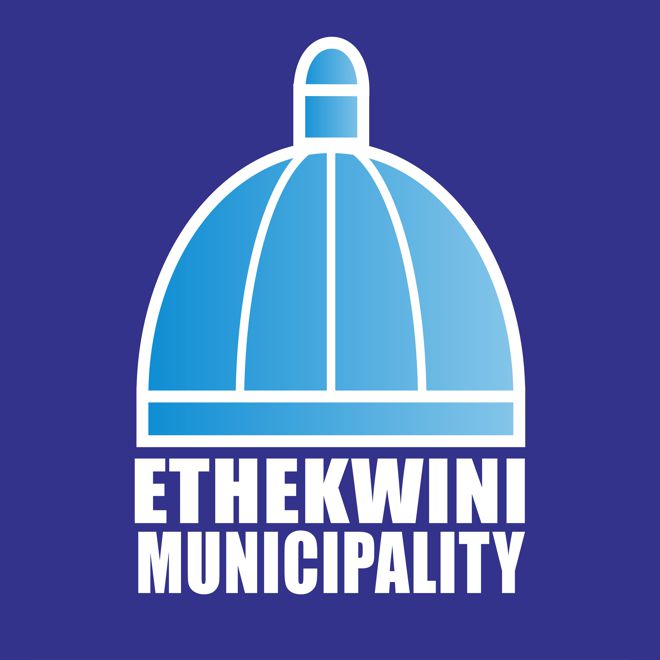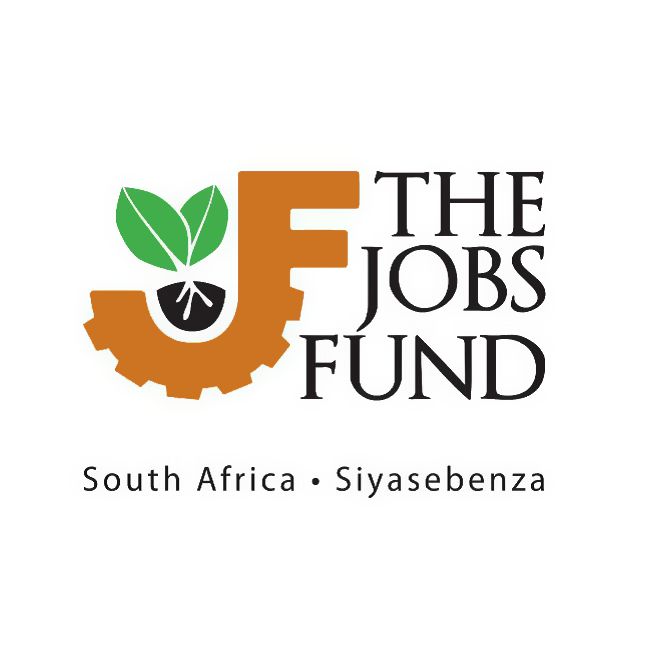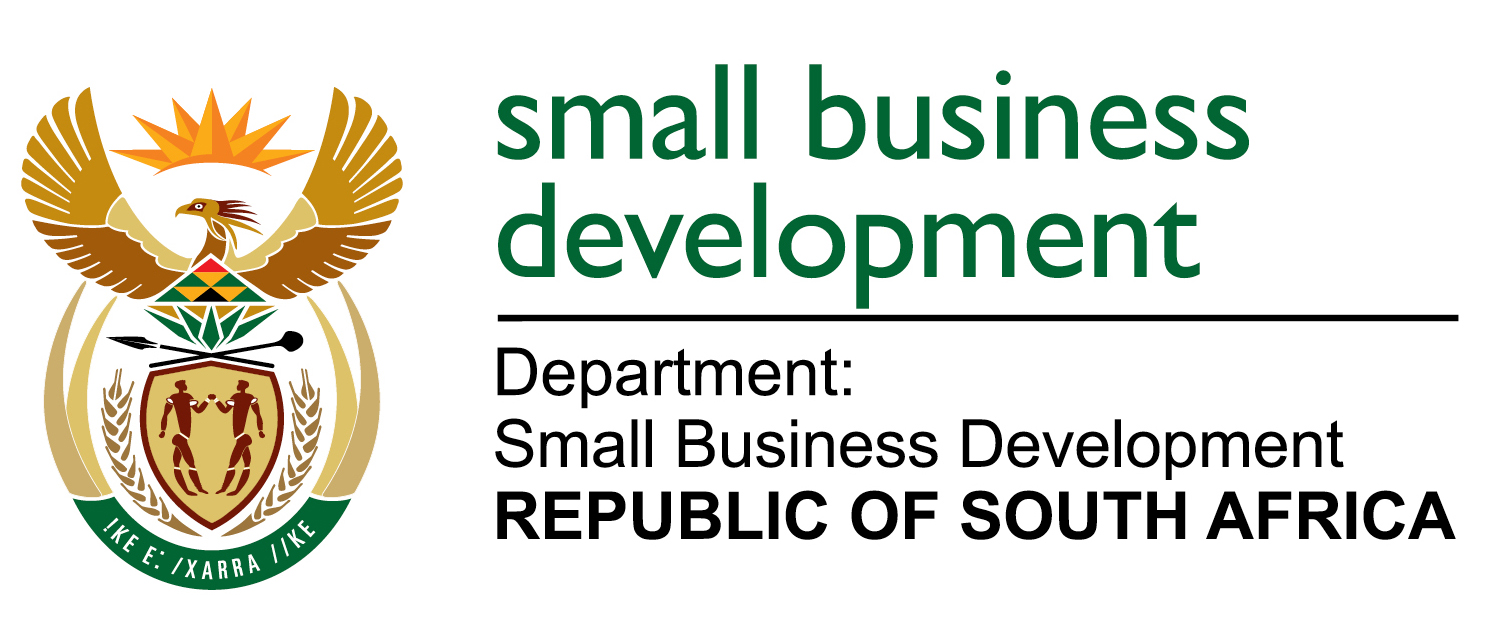eThekwini Micro Enterprise Support - Informal Economy Support Programme (IESP)
Despite the importance of micro and informal enterprises (MIEs) and the informal economy in addressing joblessness and economic growth, there remains a vacuum of programmatic support. The Informal Economy Support Programme (IESP) addresses this gap by providing customised business support services to high-potential MIEs along with other structured interventions. It thereby unlocks untapped job creation and enterprise potential across a range of economic sectors. The IESP is currently in its second phase (2018-2021) after a successful three-year pilot phase (2013-2016). The IESP is co-funded by the Jobs Fund, Department of Small Business development and eThekwini Municipality. Funding for a third phase is being sought.
| Jobs created: | 719 |
| Trainees: | 339 |
| MIEs Supported: | 160 |
| Micro-grants: | 92 |
| Total value of: | R2,111,880 |
The Informal Economy Support Programme (IESP), the first of its kind in South Africa, is a specialised business support initiative. It reaches micro and informal enterprises (MIEs) in innovative, and cost efficient ways and unlocks enterprise growth and job creation through customised business support services and other structured interventions across a range of sectors (e.g. manufacturing, services, retail, food and beverage, and agriculture). The IESP is strategically important because, although the informal economy is recognised as key in addressing joblessness and economic growth, MIEs currently lack access to much-needed support. To date (in phase 1 and 2), the IESP has created 719 new permanent jobs and has trained 339 people in appropriate skills. A strong core team has been established including a Programme Manager, three in-house MIE support specialists and a panel of outsourced specialists. Enabling collaborations have been created with various Municipal departments, private sector companies and external service providers. The IESP has been funded by the Jobs Fund, eThekwini Municipality and the Department of Small Business Development.
Click here for the latest IESP Newsletter
Click here for the IESP brochure
Click here for the MIE brochure
IESP Pilot Phase (2013-2016) – Selected Enterprise Profiles
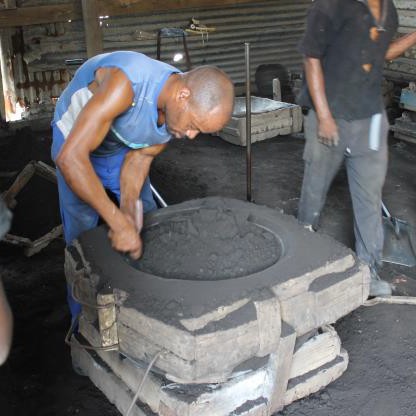
Ester Masinga
The business manufactures traditional three legged aluminum pots of various sizes. The business owner is Ms. Ester Masinga who has been operating the enterprise for over 10 years. The business is well located at the Westrich premises in Newlands West. The business sells to customers from Durban and surrounding areas and has managed to expand to clients in KZN, Eastern Cape and as far as Mozambique. The aluminium is sourced from various scrap suppliers. Read More
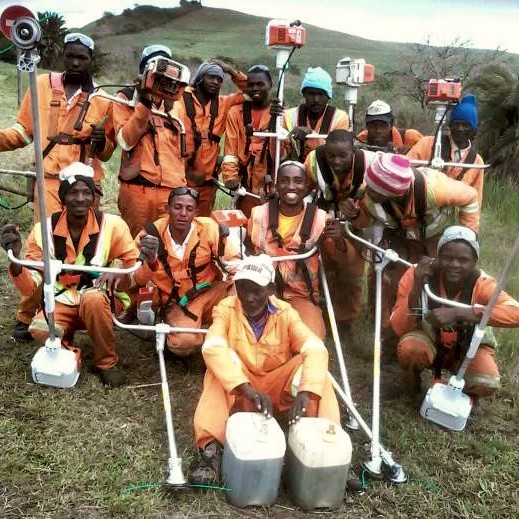
Makholeka Trading CC
The enterprise is solely owned by Ntombizethu Meyiwa. She runs and manages the business on a full-time basis. The office premises are
situated in Hammersdale Township. Makholeka Trading focuses on road verge maintenance and primarily deals with grass cutting, working along the N2 south and N3 Freeways, on a sub-contract to the South African National Roads Agency Limited (SANRAL). Read More
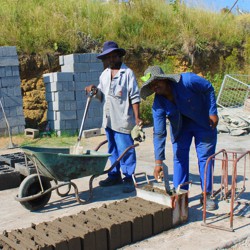
Akubeziyesuka Co-operative
Akubeziyesuka is a block manufacturing co-operative, and is also involved in other entrepreneurial activities. There is a increasing demand for their high quality blocks. PPT has provided basic ‘isiQalo’ business skills training, drafted letters to potential clients and contractors and assisted in preparing a business plan to access Small Enterprise Finance Agency (SEFA) finance in order to support expansion plans. Read More
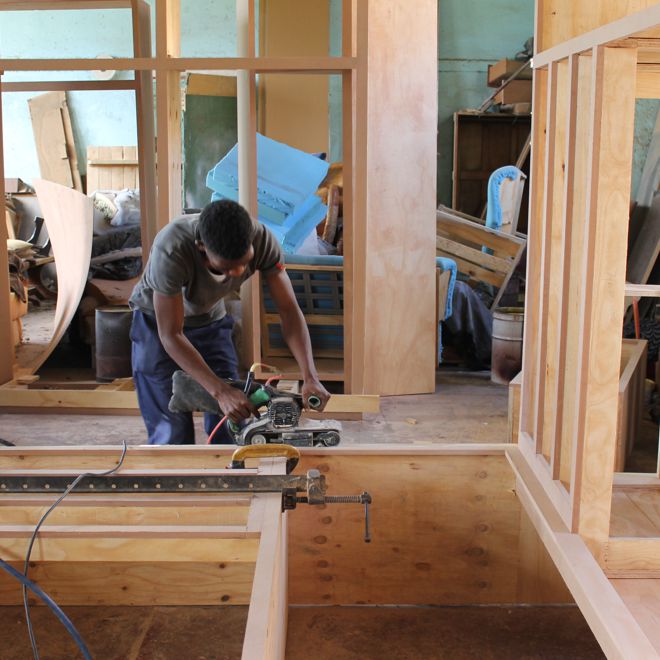
Eyekhethelo Furniture Co-operative
Eyekhethelo designs and manufactures high quality furniture and provides a furniture repair service. The organizations skilled workers in carpentry, upholstery and spray painting are located in an abandoned building in the Adams Mission School, Amanzimtoti. The business has been operating for 8 years, has a strong local customer base and is owned by the members of a registered cooperative. Read More
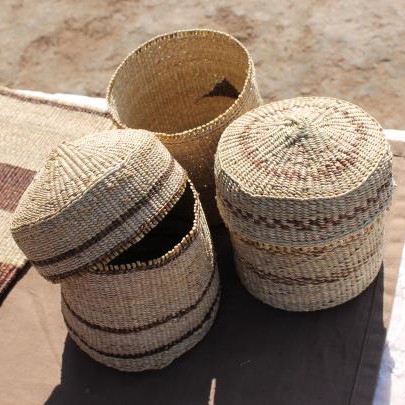
Craft Sector Collaboration
The Udumo and Khumalo crafters are being supported via a PPT-Africa!Ignite collaboration to improve their product quality, gain access to new markets and develop a stronger business model. Basic ‘isiQalo’ business skills training has been provided by PPT. 28 new jobs have been created. The crafters are located in Kwa Ngcolosi and Ntshongweni. Read More
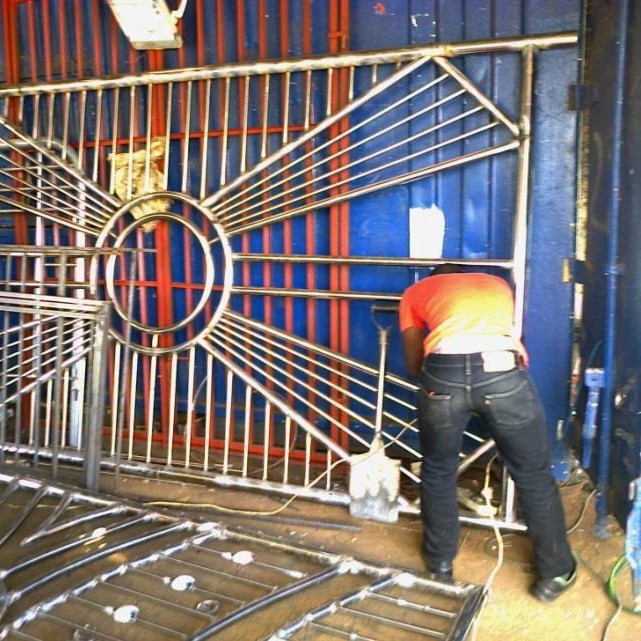
Nhlanhla’s Steelworks
The Nhlanhla’s Steelworks specialises in manufacturing high quality mild steel gates, stainless steel, gates balustrades, palisade fencing, razor wire, carports gate automation and intercom. The enterprise is owned by Nhlanhla Mchunu and has been operating for 21 years. Read More
Overview of Pilot Phase Methodology
Enterprise identification, assessment and selection:
Only enterprises which meet specific pre-conditions are eligible for support. These include enterprise viability, job creation potential and entrepreneur commitment. Eligible enterprises are evaluated and on this basis structured support offered up to a maximum budget per enterprise.
Business plan development and optimisation:
Collaboratively PPT and the enterprises focus on identifying practical actions and supports which can catalyse growth and optimisation. Enterprises must ‘own’ and ‘drive’ their plans to avoid dependency.
Business mentorship:
This includes assisting the entrepreneur to identify and resolve challenges on an ongoing basis, identifying specific areas where specialist assistance can catalyse change, distinguishing short versus long-term plans, as well as ongoing encouragement and acting as a ‘sounding board’.
Targeted business development support services:
A range of specific support services are provided to each enterprise based on a business development plan. These are often provided by specialists and may include: Profitability and cash-flow analysis; Record and book-keeping; Workspace access and optimisation (e.g. layout); Accessing finance for working capital or capital acquisitions; Markets and selling: e.g. identifying and accessing new markets, establishing new business collaboration; Human resources management and compliance; Product/service and production: e.g. refinement, re-development, differentiation, improved manufacturing methods; Logistics e.g. bulk ordering direct from wholesalers, shared transport to market; Legal and compliance: e.g. income tax, VAT, health safety etc.; Procurement e.g. of raw materials or input services.
Training and skills development:
This may include ‘Isiqalo’ (basic business skills) training (e.g. to improve cash-flow management, understanding profitability, matching product to market etc.) or on-site sector-specific skills training focussed, for example, on production efficiency (e.g. ‘cut make and trim’, machinist training, work-space layout) or product design and development.
Micro-grower support linked to Agri-hubs:
80 micro-growers in three hubs are being supported to improve agricultural practices, optimise crop mix and quality, link with other Agri-hubs, and access new and better markets.
Participative Economic Action Planning:
PEAP is a structured, local planning process, driven and owned by local economic actors, which identifies priority (catalytic) actions or initiatives which can produce change.
Enabling LED actions:
E.g. the provision of affordable manufacturing space or enabling infrastructure such as water supply or access roads.
Monitoring, evaluation, learning and toolkits:
M&E is undertaken on an ongoing basis to ensure learning and methodological refinement. Impact is evaluated, key learning extracted and feedback given to key stakeholders. Existing knowledge resources and practical toolkits are refined and new ones created where necessary.
